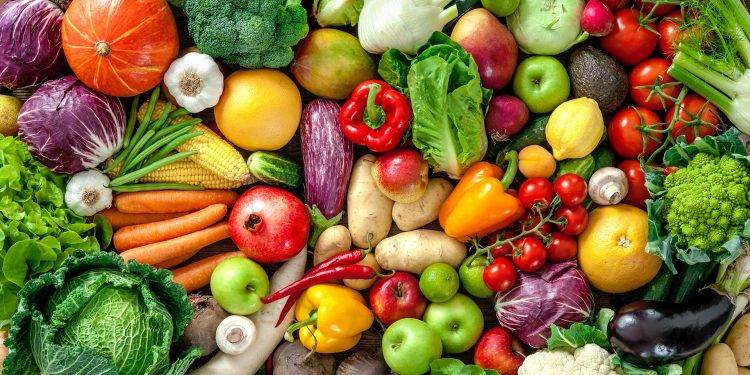The Western Regional Co-ordinating Council (WRCC) has introduced an immediate ban on the sale of vegetables by vendors in a decisive move to curb a rapidly escalating cholera outbreak in the region. This proactive measure was announced on December 10, 2024, following alarming reports from health authorities.
According to the WRCC, the cholera outbreak has already resulted in 789 suspected cases and eight deaths as of December 7, with daily reported infections now surpassing 60. The hardest-hit areas are the Sekondi-Takoradi Metropolitan and Effia Kwesimintsim Municipal, which account for a staggering 95 percent of the cases.
In a communiqué issued by the WRCC, residents were urged to strictly comply with the directive. Violators of the ban, the council warned, would face prosecution under the Public Health Act, 2012 (Act 851). The ban is expected to remain in effect until public health officials confirm that the sale of vegetables is safe and no longer poses a threat to the population.
The WRCC emphasized the need for public cooperation, stating, "The ban will remain in place until public health officials confirm the safety of such practices." Residents were also advised to avoid purchasing or consuming vegetables sold by vendors, while those buying for domestic use were urged to thoroughly treat and clean the produce before consumption.
Investigations Reveal Key Sources of Infection
Environmental surveillance conducted in the affected areas has revealed a significant link between the outbreak and the sale of contaminated vegetables by food vendors. Findings indicated that 96 percent of infections were directly tied to vendors selling items such as salads, green peppers, and leafy greens. The report highlighted poor hygiene practices among some vendors as a primary contributor to the rapid spread of the disease.
This revelation has prompted swift and decisive action from the WRCC to protect public health and prevent further infections. The council stressed that halting vegetable sales temporarily is a necessary step to break the chain of transmission and save lives.
Cholera Outbreak: A Public Health Emergency
Cholera, a waterborne disease caused by the bacterium Vibrio cholerae, is often associated with the consumption of contaminated food and water. Symptoms include severe diarrhea, vomiting, and dehydration, which can quickly become life-threatening without prompt treatment. In the Western Region, the disease has spread at an alarming rate, overwhelming health facilities and putting a strain on local resources.
The WRCC's decision to ban vegetable sales is part of a broader strategy to combat the outbreak. Other measures include public awareness campaigns, intensified sanitation efforts, and improved access to clean water and medical care. Residents have been urged to prioritize hygiene, such as frequent handwashing and the safe disposal of waste, to minimize the risk of infection.
Residents React to the Ban
The ban on vegetable sales has sparked mixed reactions among residents. While many have welcomed the move as a necessary step to protect public health, some vendors and market traders have expressed concerns about the economic impact. For many, selling vegetables is their primary source of livelihood, and the ban has raised questions about how they will sustain their families during this period.
Market trader Abena Mensah shared her frustrations, stating, "This is how I feed my children. While I understand the health risks, the government should also think about how we will survive during this ban."
In response to such concerns, the WRCC has pledged to work with stakeholders to explore support measures for affected vendors. The council has also urged residents to focus on the bigger picture, emphasizing that saving lives and containing the outbreak must remain the top priority.
Looking Ahead
As the ban takes effect, health authorities are closely monitoring the situation to assess its impact on the cholera outbreak. The WRCC has assured residents that the directive will be lifted as soon as the situation is under control and public health officials declare it safe to resume vegetable sales.
In the meantime, residents are encouraged to remain vigilant and adhere to all public health guidelines. Public health officials are also intensifying efforts to identify and address other potential sources of contamination to ensure a comprehensive response to the crisis.
The cholera outbreak in the Western Region serves as a stark reminder of the critical need for improved sanitation and hygiene practices. It has also highlighted the importance of swift, decisive action in the face of public health emergencies. As the region navigates this challenging period, the WRCC's measures, though tough, are aimed at safeguarding lives and preventing further devastation.
Through collective effort and compliance, the people of the Western Region can overcome this crisis and work towards a healthier, more resilient future.


